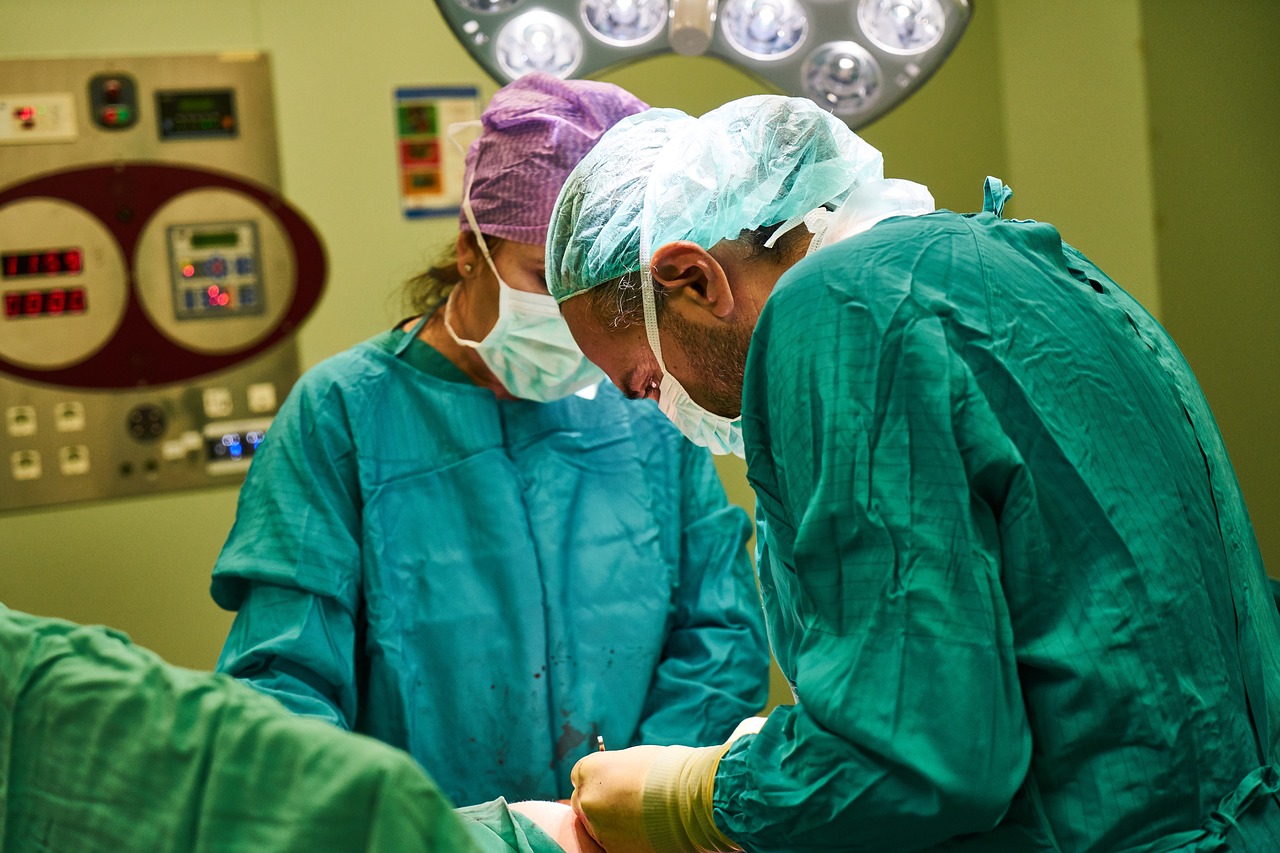The information given here about Anaesthesia is only for general awareness; it does not replace pieces of advice provided by your anaesthetist.
Anaesthesia is one of the greatest achievements of modern medicine. In present time, surgical operations are not possible without Anaesthesia. The word Anaesthesia is picked up from two Greek words: “an” meaning “without” and “aesthesis” meaning “sensation.” As a medical term, Anesthesia is given to patients who are about to pass through surgical operations. An anaesthetic Medication through injection or inhaling is transferred into the patient’s body to obstruct the feeling of pain and other sensations. But care needs to be taken, monitoring the patient for any symptoms of susceptibility to any particular anaesthetic medicine (which can lead to rare condition of malignant hyperthermia).
If all is safe, this medication produces a deep state of unconsciousness which eliminates all the sensations. Types of Anaesthesia Medications depends upon the type of illness. Below are some types of Anaesthesia which are commonly given to patients before surgical operations.
Local Anaesthesia
Local Anaesthesia retains its effect on a patient for a short period. An anaesthetic drug is given to the patient through shot, spray, or injection to lose the sensation. It is generally given by clinic doctors and dentists to perform minor surgeries on foot, hand, gums, and fingers. The patient may or may not lose his sensation with local anaesthesia drug, It depends upon the surgical need and illness. A patient can walk back to his home on the same day after taking local anaesthetic treatment.
Regional Anaesthesia
This anaesthetic drug is injected near the cluster of nerves where they could transfer easily into blood vessels to lose the sensation. This type of anaesthesia numbs the large area of the body for a long duration. It is generally given below the waist like epidurals are given to women in labor to make them comfortable before and after the surgical procedure. Victorian Anaesthetic Group provides anaesthetic services to all surgical specialties.
General Anaesthesia
General Anaesthesia is given to those patients who pass through long duration surgical procedures. It makes a patient completely unconscious during the operation. The patients are not able to remember anything after surgery. General anaesthesia can leave its effect for five to six hours, it depends upon the type of illness. It is given by sticking a needle into a vein or inhaling a gas through mask or tube.

